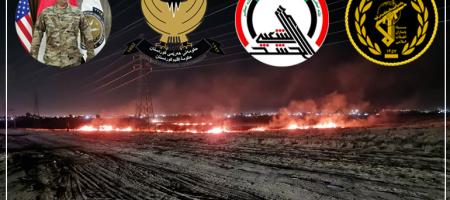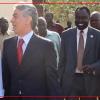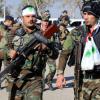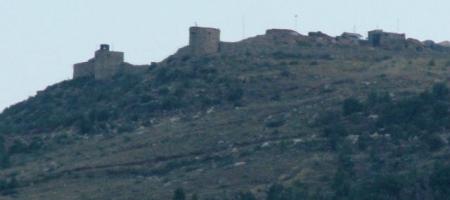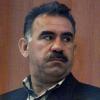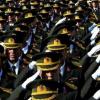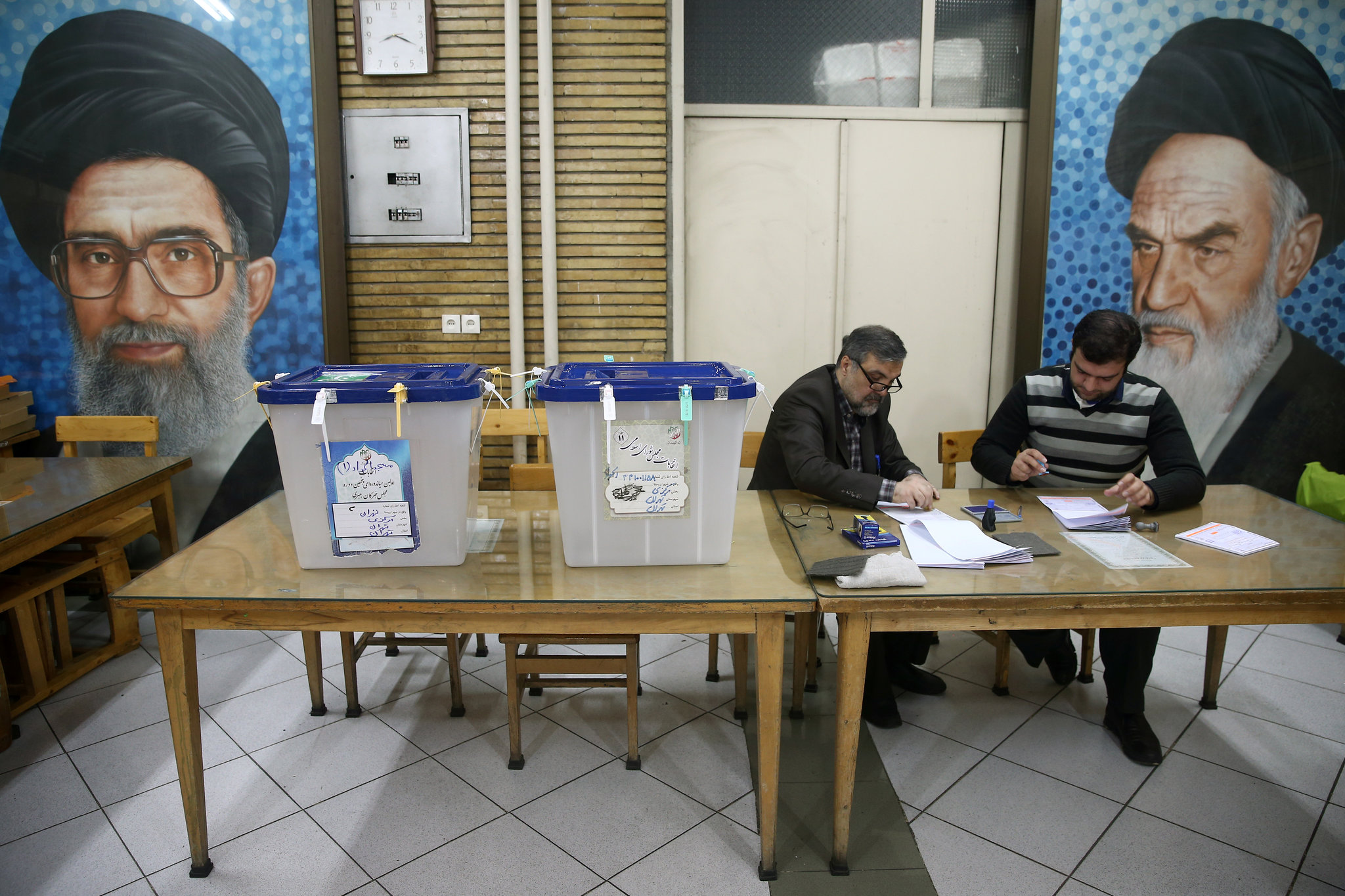
As the Iranians struggle with poor economy, corruption, and tyranny, many vowed on social media that they would not participate in the country’s parliamentary election scheduled for Friday, March 1, 2024.
After years of mass protests and authorities’ brutal responses rocking the country, officials have urged people to cast ballots. However, no information has been released this year from the state-owned polling center ISPA about expected turnout — a constant feature of past elections.
In a recent report published by AP, of 21 Iranians interviewed only five said they would vote. Thirteen said they won’t and three said they were undecided.
Over 15,000 candidates are vying for a seat in the 290-member parliament, formally known as the Islamic Consultative Assembly.
Under the law, the parliament has oversight over the executive branch, votes on treaties and handles other issues. In practice, absolute power in Iran rests with its supreme leader, Ayatollah Ali Khamenei.


